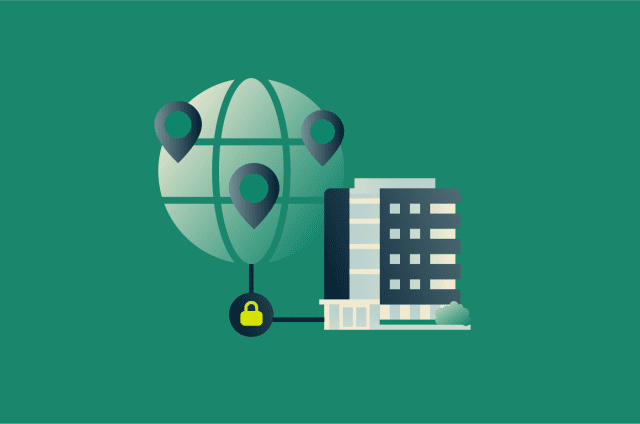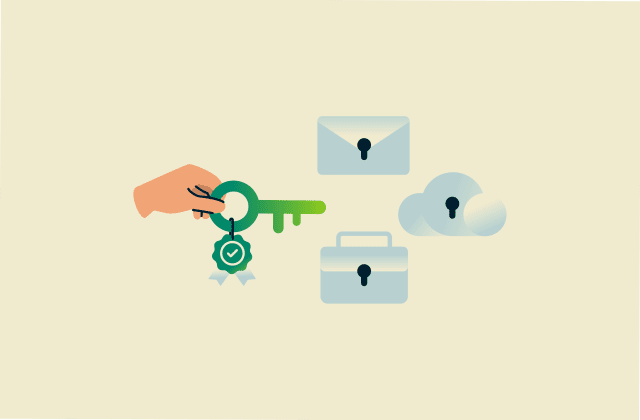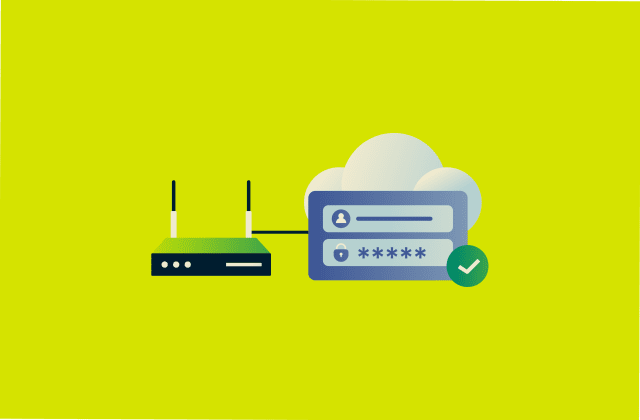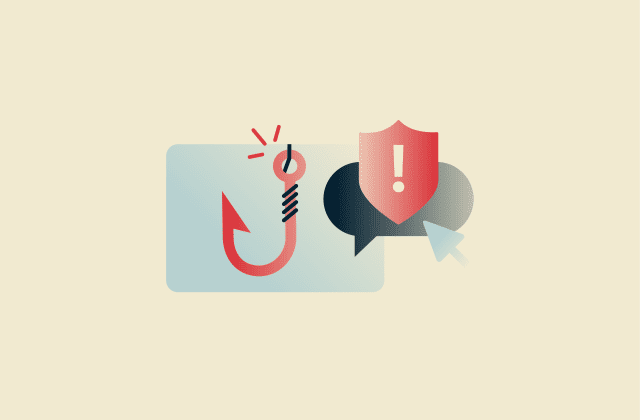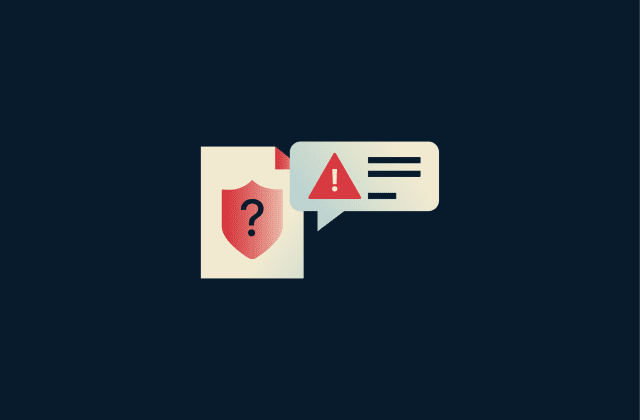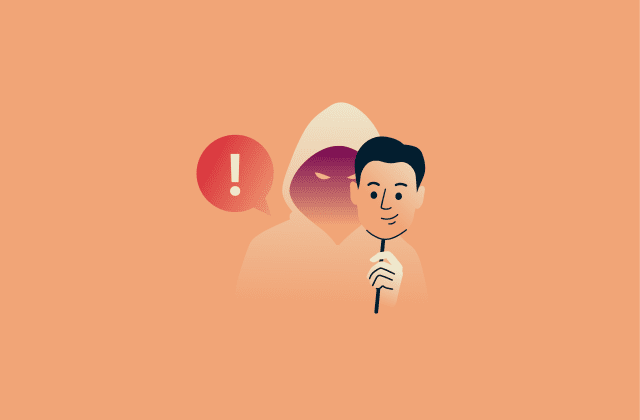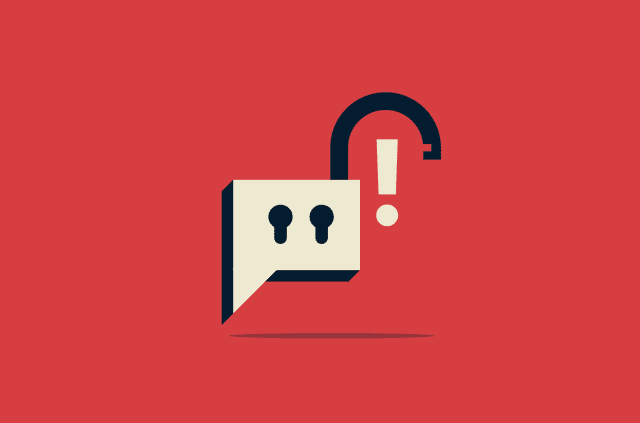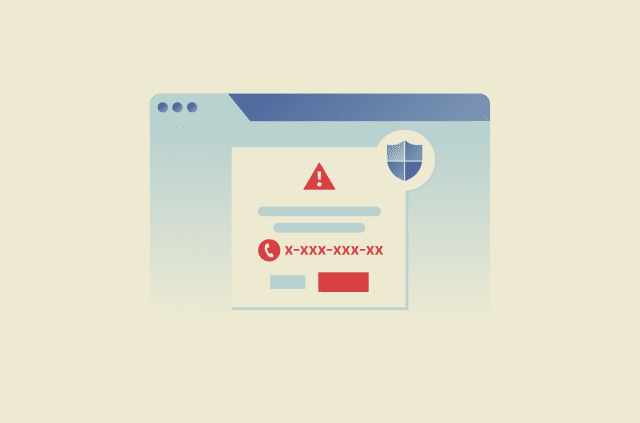Net neutrality: Everything you need to know


Imagine if your internet service provider (ISP) operated like a cable TV provider. You’d have a set of websites included in your monthly plan, and you’d pay extra for “premium” access to specific digital platforms, while other sites would load at a snail’s pace or be locked behind a paywall.
Should the internet of tomorrow look like this, or should all internet traffic be treated equally? This is the essence of the net neutrality debate.
Net neutrality supporters claim this principle promotes innovation and keeps the internet open and fair for everyone involved. Opponents, including some ISPs, policymakers, and industry groups, argue that it stifles innovation and prevents ISPs from managing their infrastructure efficiently.
At ExpressVPN, we’re firmly on the side of a free and open internet where your access isn’t shaped by corporate or political interests. In this article, we’ll break down what net neutrality really means, why it matters, and how it’s influencing the future of the internet.
What is net neutrality, and why it matters
The core principle of net neutrality is that all internet traffic should be treated equally, without discrimination or preferential treatment by ISPs. This means that your ISP can’t throttle or block access to specific websites or charge extra fees for allowing users undeterred access.
The absence of net neutrality allows your ISP to create tiered access, where you pay for high-speed access to select sites.
How net neutrality works in practice
Net neutrality isn’t only about ISP throttling your access to any specific digital service, free or paid. It includes a broad set of protections to eliminate the possibility of your ISP being in charge of what you can see and do online. So what does net neutrality actually change for you as an internet user?
With net neutrality in place, you’re always able to access all lawful content, meaning any content that doesn’t violate laws related to illegal activities such as child exploitation, terrorism, hate speech, or copyright infringement, since your ISP can never block or censor it.
Moreover, no differences in website loading speeds are attributable to ISP interference. Of course, you will still experience delays stemming from technical and infrastructure factors, such as (im)proper website optimization, server performance, and your own internet speed.
Finally, while you still need a subscription to access services like Netflix, your ISP can’t charge you extra for streaming or, for that matter, offer discounts for not streaming. Both high-bandwidth users and those who use less data pay the same base price for internet access.
It’s important to note that net neutrality doesn’t stop ISPs from offering different internet plans based on speed or data. What it does stop is treating websites differently: your ISP can’t make some sites faster than others or charge extra to access specific platforms like Netflix or YouTube.
Net neutrality pros and benefits
Net neutrality exists to keep the internet fair, open, and accessible to everyone. From equal access and free competition to stronger consumer protections, here’s why this principle is so important and what we stand to lose without it.
Ensures equal access to the internet
With net neutrality in place, ISPs can’t block or throttle access to any specific website. For example, if your ISP owned or partnered with certain digital platforms, it would be banned from allocating higher speeds to that particular site. Instead, your access to the internet would come without any limitations, giving you complete freedom to access any website or digital service you want.
Encourages innovation and healthy competition
Big companies have more resources and can pay to prevent access to startups or smaller sites, leading to an uneven playing field. For example, imagine any online retailer paying for fast access to its e-commerce site, while independent online shops struggle to keep potential customers due to their sites’ slow performance. With net neutrality in place, companies can’t pay to prevent their users from visiting competitors’ websites.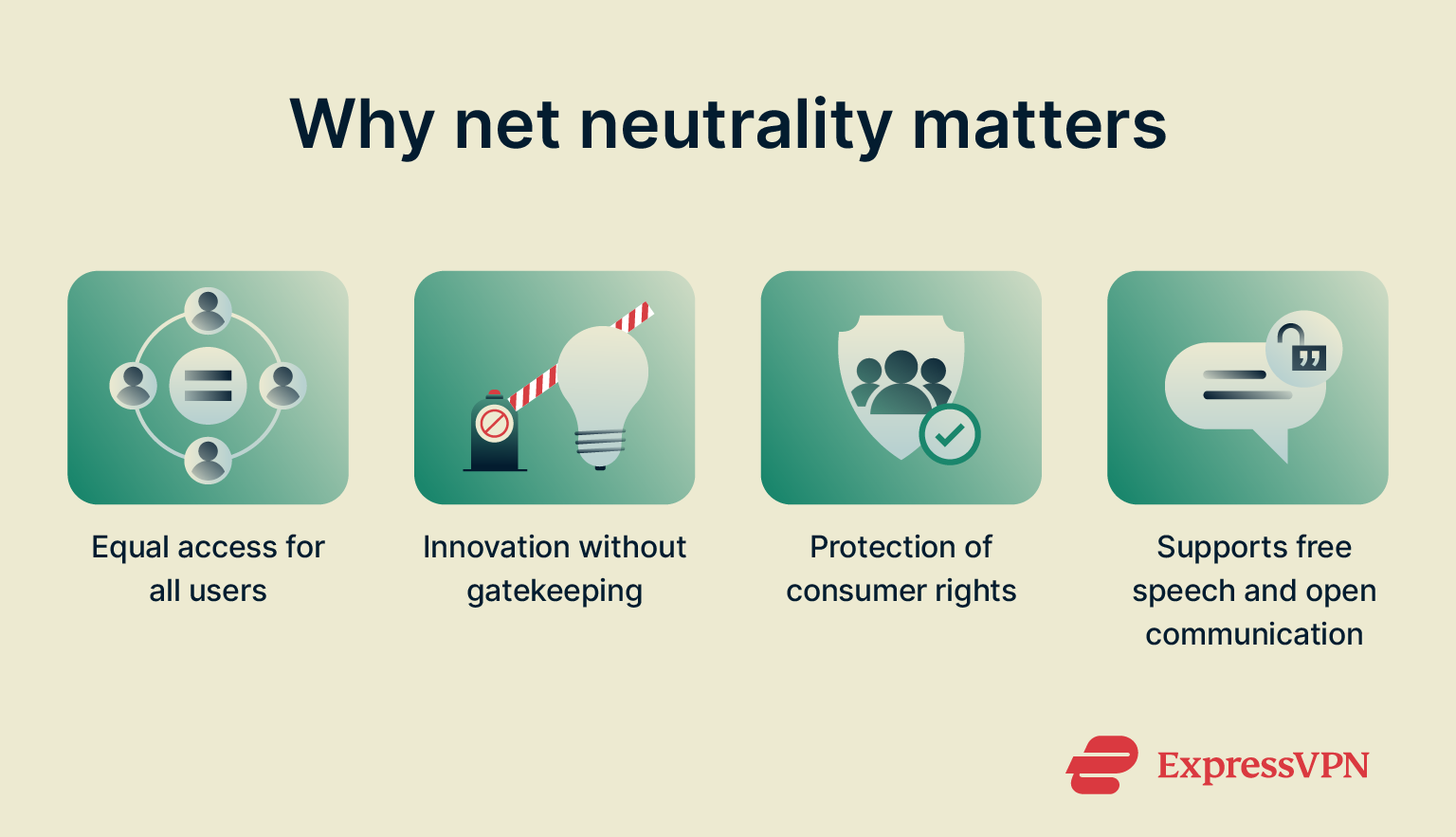
Protects consumer rights and prevents ISP monopolies
As a concept, net neutrality treats every possible type of user the same. So, whether you use the web to browse social media, binge-watch movies or TV shows, or play online games, your ISP can’t slow down certain activities, like streaming or gaming.
This issue relates to online privacy, as your ISP can also decide to track everything you do online (even more than it does today) to decide what to slow down, endangering fundamental digital rights.
Net neutrality also prevents market concentration and anti-competitive practices by ensuring that ISPs cannot favor content providers they own or partner with (e.g., by offering faster speeds or better access).
Supports free speech and open communication
Democratic countries rarely impose blackouts or ban social media and news sites. Net neutrality reinforces this principle by preventing ISPs from controlling which news sources and websites users can access.
Without net neutrality, ISPs can prioritize mainstream media while marginalizing smaller, independent publications, ultimately threatening freedom of speech and enabling censorship.
Why critics are against net neutrality
While net neutrality is widely supported by digital rights advocates, some critics push back on the concept. Here’s a look at the most common arguments and why they’re widely disputed.
May reduce ISP investment in infrastructure
Some argue that net neutrality regulations may reduce ISP investment in infrastructure by limiting their ability to charge premium fees for prioritizing certain types of traffic.
They claim that without the option to differentiate services and create tiered pricing models, ISPs may be less motivated to expand and upgrade their networks. This is particularly relevant for investments in costly infrastructure like fiber-optic broadband.
However, many countries with strong net neutrality protections continue to see healthy investment in network infrastructure, and evidence for this criticism remains mixed.
Increases government regulation and bureaucracy
Implementing net neutrality requires oversight by a government body; in the U.S., that would be the Federal Communications Commission (FCC). Critics say that once the government starts regulating the internet and ISPs more heavily, it won’t stop there. They argue that further internet regulation could follow, potentially affecting content moderation, censorship, or how internet services are provided.
But net neutrality doesn’t regulate content; it ensures that ISPs can’t control access to it. Oversight in this case protects users from unfair interference, not the other way around.
Limits ISP business models and service flexibility
Some ISPs are against net neutrality, as it eliminates the option for tiered pricing models. They claim that users would have more freedom to decide on a plan that fits their needs. They also argue that net neutrality hinders the development of specialized services, such as fast lanes for cloud gaming, telehealth services, etc.
Still, ISPs can (and do) offer different speed tiers. What net neutrality prevents is giving preferential treatment to some sites or services over others.
Could lead to price increase for some consumers
Critics say that if ISPs can’t charge high-bandwidth companies (like streaming platforms) more for access, the costs get passed on to all users, even those who don’t use those services. For example, the cost of delivering any streaming service’s content is shared among all internet users, not just subscribers.
However, this assumes ISPs wouldn’t raise prices anyway. There’s no clear evidence that removing net neutrality lowers costs for users; if anything, it could lead to ISPs charging both platforms and consumers more.
Government intervention vs. free market debate
Some say net neutrality is also a debate about whether the internet should be regulated by the government or left exposed to free-market competition. Advocates for net neutrality believe strong internet governance is needed to ensure a free and open internet for all. Opponents say the internet developed exceedingly well without these rules, so imposing them is unnecessary.
But without basic protections like net neutrality, the internet can become uneven, giving faster access to those who can pay more while slowing it down or restricting it for everyone else.
A brief history of net neutrality rules
Net neutrality isn’t a new term, as this concept was created more than 20 years ago. Here’s how net neutrality has evolved and what happened over time:
- (2003) The birth of the “net neutrality” term: Columbia Law School professor Tim Wu first proposed that all internet access should be treated equally.
- (2005) Early U.S. regulations: The U.S. FCC established the first net neutrality principles under its Internet Policy Statement.
- (2009) Early Canadian regulations: The Canadian Radio-television and Telecommunications Commission (CRTC) released Telecom Regulatory Policy CRTC 2009-657, establishing a framework for evaluating ISP traffic management practices. The policy specifies that ISPs may employ technical traffic management techniques, such as throttling, only as a last resort and must justify these measures as minimally disruptive.
- (2014) Brazil's position on net neutrality: Brazil adopted its "Marco Civil da Internet" law, which emphasized net neutrality, privacy, and freedom of expression online, making it one of the first countries to adopt such broad protections for internet users.
- (2015) The first legally binding regulation in the U.S.: Under the Obama administration, the Open Internet Order was enacted in 2015, legally prohibiting internet providers from throttling certain types of content.
- (2017) Net neutrality debate in India: The Telecom Regulatory Authority of India (TRAI) launched a consultation on net neutrality, inviting stakeholders to send their comments.
- (2017) Net neutrality repeal: Under the Trump administration, the FCC overturned the 2015 rules on the grounds that they stifled technological innovation. In response, California passed its own net neutrality law in 2018, which imposed even stricter protections at the state level, despite legal challenges from the federal government and ISPs.
- (2018) European Union strengthens net neutrality: The EU introduced the European Electronic Communications Code, which reinforced net neutrality provisions, establishing strong protections for consumers and ensuring that ISPs couldn’t discriminate against internet traffic.
- (Present) Fight for net neutrality restoration in the U.S.: The Biden administration lobbied to reinstate net neutrality, but it remains repealed to this day.
Stakeholder perspectives on net neutrality
Net neutrality affects more than just policy; it shapes how we all experience the internet. While some ISPs push back against it, most consumers, tech companies, and regulators support rules that keep the internet open and fair.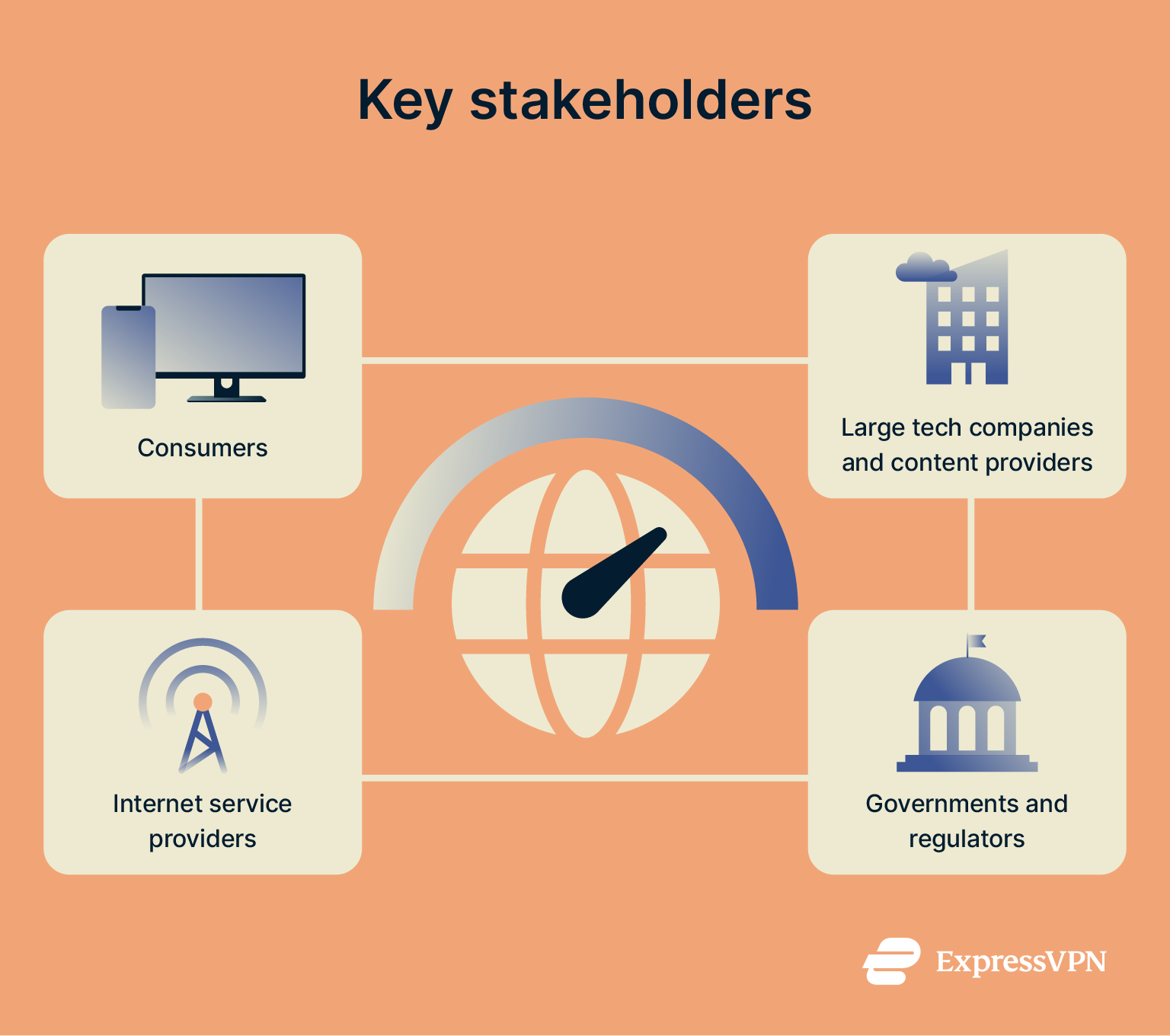
How ISPs are affected by net neutrality
In the U.S., ISPs have been legally allowed to offer fast lanes or throttle traffic since 2017, though most haven’t done so aggressively, likely due to public scrutiny and state-level regulations.
Some ISPs, however, have been caught engaging in questionable practices, such as throttling video streams or exempting their own services from data caps (an anti-competitive practice also known as zero-rating). For example, in 2019, a study from Northeastern University and the University of Massachusetts Amherst found that AT&T throttled YouTube and Netflix traffic.
With net neutrality in place, ISPs can’t throttle or block access to any type of legal content on the internet. While they can still offer different speed tiers to customers (e.g., 100Mbps vs. 1Gbps plans), they can’t charge extra to prioritize specific content providers or give their own services an unfair advantage.
The role of tech companies in the net neutrality debate
Tech giants like Google, Apple, Netflix, and Amazon are among the strongest supporters of net neutrality. Keeping the internet open benefits them, too; without these protections, they could be forced to pay ISPs to guarantee high-speed access for their users. Net neutrality also allows them to experiment with new services that take time to build user engagement.
Consumer perspectives: Does it really matter?
It’s safe to say that, for most internet users, net neutrality just makes sense. We expect the internet to be open, fair, and available to everyone, no matter what sites we visit.
Without net neutrality, that can quickly change. Big companies can pay for preferential treatment, while smaller platforms get pushed aside. And for the rest of us, that might mean slower sites, fewer options, or having to pay extra for access to the sites we want to use.
At the end of the day, net neutrality helps keep the internet accessible to all, and that’s something worth protecting.
Can you enhance internet freedom without net neutrality?
If online privacy and internet freedom are causes close to your heart, we have good news: you’re not entirely at the mercy of your ISP. Keep reading to learn more about taking action.
The role of VPNs in bypassing ISP restrictions
VPNs are one of the most powerful tools for staying private online and preventing your ISP from seeing what you do.
They hide your internet traffic so it can’t be traced back to you, prevent your ISP from interfering with your connection based on what you're doing online, and help you access sites that might be restricted, among many other benefits.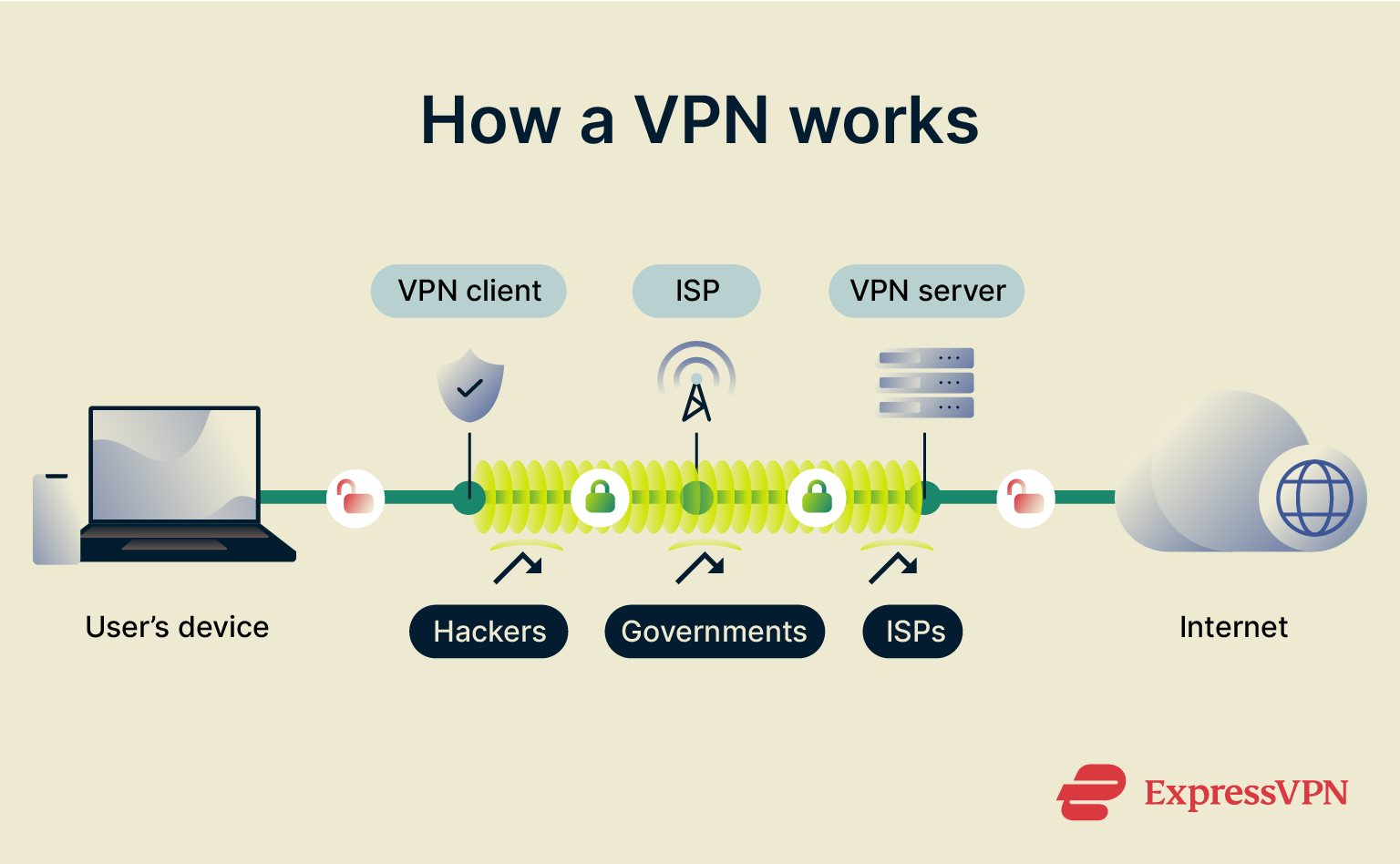 VPNs do all this by encrypting your incoming and outgoing traffic. They route it through a secure tunnel, making it invisible to your ISP. That means your provider can’t see whether you’re streaming, gaming, or downloading files, so they can’t slow things down based on your activity.
VPNs do all this by encrypting your incoming and outgoing traffic. They route it through a secure tunnel, making it invisible to your ISP. That means your provider can’t see whether you’re streaming, gaming, or downloading files, so they can’t slow things down based on your activity.
On the other hand, your ISP will know you’re using a VPN (unless you use one with obfuscation), but that’s no big deal, as VPN use is completely legal in most countries. You might notice a slight drop in speed due to encryption overhead, but with a high-performance VPN like ExpressVPN, the difference is barely noticeable.
Other tools and strategies for online privacy
Even though VPNs are the best tool for the job, other tools can also help you preserve your privacy and limit what your ISP can see or control.
For example, privacy-focused browsers like Tor and Brave include built-in technologies that help hide your online activity. This is especially true for Tor, which routes your traffic through a series of encrypted nodes to make your browsing harder to trace. However, it comes with a cost: your connection will likely be much slower.
Another option is to use proxy servers. Proxies act as intermediaries between your device and the internet, masking your IP address in the process. However, unlike VPNs, proxies don't encrypt your traffic, so they offer less protection overall.
FAQ: Common questions about net neutrality
Is net neutrality good or bad?
What are the key benefits of net neutrality?
What are the downsides of net neutrality?
Why are some people against net neutrality?
Who benefits the most from net neutrality?
Do we have net neutrality?
How can I protect my internet freedom?
Take the first step to protect yourself online. Try ExpressVPN risk-free.
Get ExpressVPN
